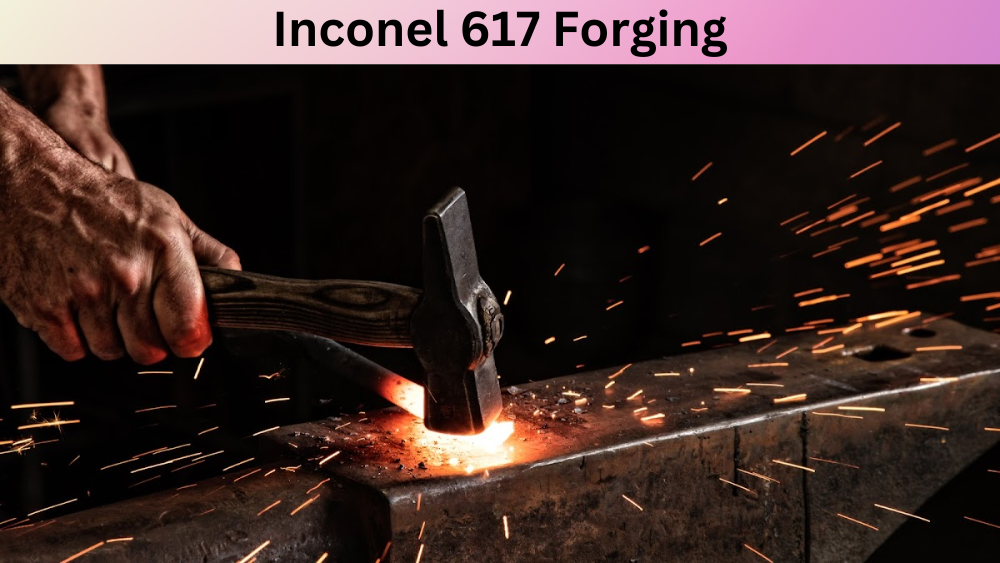Inconel 617 is a nickel-chromium-cobalt-molybdenum alloy renowned for its exceptional properties and wide-ranging applications. Through forging, this alloy can be shaped into robust components suitable for use in various industries. This article explores the properties and applications of Inconel 617 forging, shedding light on its significance in engineering and manufacturing.
Properties of Inconel 617
Inconel 617 exhibits remarkable mechanical properties, making it highly desirable for challenging environments. Its high-temperature strength, excellent oxidation resistance, and good corrosion resistance render it suitable for applications in extreme conditions. Additionally, Inconel 617 maintains its mechanical properties at elevated temperatures, making it ideal for use in high-temperature applications such as gas turbines and industrial furnaces.
High-Temperature Strength
One of the key properties of Inconel 617 is its exceptional strength at high temperatures. The alloy retains its mechanical integrity even when exposed to temperatures exceeding 1000°C (1832°F), making it suitable for use in environments with extreme heat and thermal cycling. This high-temperature strength makes Inconel 617 forging a preferred choice for components in aerospace, power generation, and petrochemical industries.
Oxidation and Corrosion Resistance
Inconel 617 exhibits excellent resistance to oxidation and corrosion, even in harsh environments containing sulfur compounds and other corrosive agents. This resistance to oxidation and corrosion ensures the longevity and reliability of components made from Inconel 617 forging, making it suitable for applications in chemical processing, combustion chambers, and exhaust systems.
Creep Resistance
Another notable property of Inconel 617 is its resistance to creep deformation under high-temperature and high-stress conditions. Creep refers to the gradual deformation of a material over time when subjected to constant stress at elevated temperatures. Inconel 617’s superior creep resistance makes it ideal for use in components subjected to prolonged exposure to high temperatures, such as turbine blades and heat exchanger tubes.
Applications of Inconel 617 Forging
617 Inconel forging finds applications across a wide range of industries, owing to its unique combination of properties. Some common applications include:
Aerospace Industry: Inconel 617 forged components are used in gas turbine engines, combustion chambers, and aircraft exhaust systems due to their high-temperature strength and oxidation resistance.
Power Generation: Inconel 617 is employed in components for power generation turbines, including blades, discs, and shafts, where its high-temperature strength and creep resistance are critical.
Petrochemical Industry: Inconel 617 forging is utilized in components for chemical processing equipment, such as reactors, heat exchangers, and piping systems, where corrosion resistance and thermal stability are paramount.
Industrial Furnaces: Inconel 617 is employed in furnace components, such as radiant tubes, muffles, and burner assemblies, due to its ability to withstand high temperatures and harsh operating conditions.
Conclusion:
Inconel 617 forging offers a versatile solution for applications requiring high-temperature strength, oxidation resistance, and corrosion resistance. With its exceptional properties, Inconel 617 is utilized in critical components across diverse industries, including aerospace, power generation, petrochemical, and industrial sectors. By understanding the properties and applications of Inconel 617 forging, engineers and manufacturers can leverage its unique capabilities to develop robust and reliable solutions for challenging environments.
